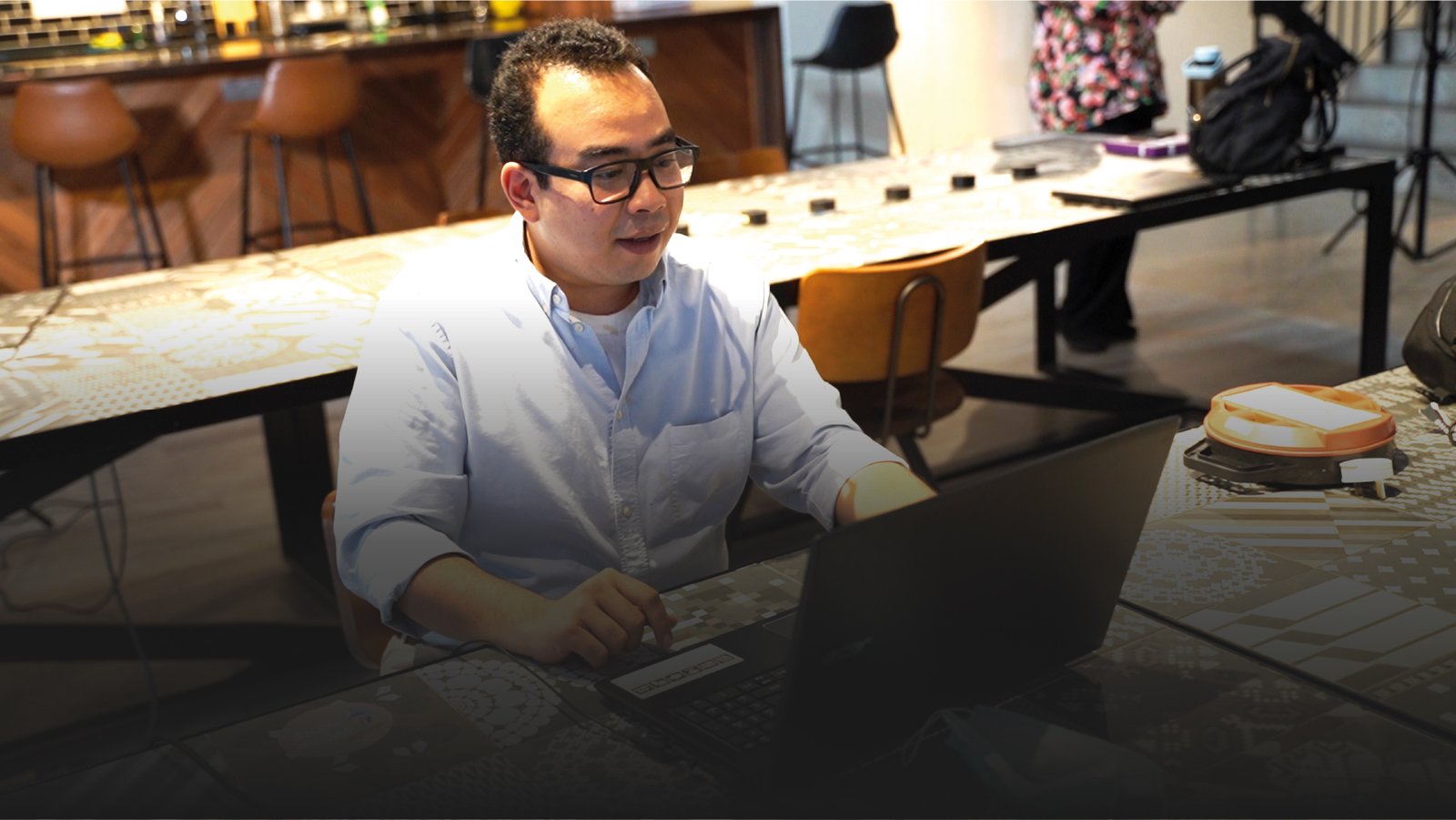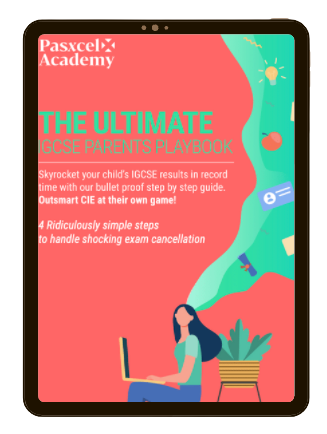We keep our classes small, a maximum of 10 in a class.
From a purely business point of view, it’s a poor decision. Time is finite and we should attempt to maximise it. But we don’t. To effectively educate our students, it becomes necessary that we don’t overstretch our attention. In a class of 20, neither teacher nor students are engaged in any meaningful discussion. There just isn’t enough time for productive discourse. Here’s that word again, time.
The key, it seems, is maximising it. But different people might have a different idea when they think of maximising time. Some would say to fit in as many as we can in a fixed period. We see it as dividing up a fair share to each of our students. It’s true I could feed 50 with a pot of Briyani so that everyone gets a taste of it. But surely it’s better to feed 10 from the same pot, but each ending up full. No one wants a sampler platter, everyone wants a full meal.
Beyond just making sure everyone in the class understands the lecture and engages in the discussion, a small class allows our teachers to know their students at a personal level. We can pick up on their habits, their abilities, their quirks. We notice when they seem down, we notice when they appear sad, and we notice when they have something on their mind.
In this way, we are able to tailor our approach. It’s like a bespoke suit. An off the rack suit would hardly fit anyone perfectly, but go to a tailor who measures you, and does multiple fittings, you’ll end up with the perfect suit. Our classes are bespoke for each individual student. So much so that they feel comfortable sharing with us their issues. They come for advice, they share new ideas, they ask questions they normally wouldn’t. Our students trust us, and we trust them. As a result, they believe us when we say they should do their work, that they should read that book, that we believe in them. They become motivated and they believe in themselves.
Of course, the benefits for our students are almost innumerable but the main thing is that they get the attention they deserve. They don’t see a barrier between them and their teachers. With being in an online class, they don’t feel overcrowded within a mass of bodiless heads. They don’t have to mute themselves because in a small class their background noises are not overwhelming.
From a purely business point of view, we seem to be losing revenue. From an education point of view, we’re gaining their trust and confidence. And that is a far more valuable return on our investment.
Written by Pasxcel’s Master Teacher, Mr Rasyad.

Maths, Add. Maths, Physics, Python Coding & World History
Masters in Theoretical Physics
Teacher Rasyad studied Theoretical Physics and for a while he was working as a theoretical physicist. His area of research was Theoretical Nuclear Astrophysics and Particle Physics. His passion for teaching Mathematics and Physics led him to become a teacher with Pasxcel where he aims to instil in his students the joy of finding things out. His classes are usually very broad ranging and engaging. And rather than just explaining the concepts, he ties it in with the students’ experiences, the mundane then becomes the beautiful. His classes tend to have a habit of going into far off regions where he takes his students on a tour of the universe, from the very big to the very small, stretching the limits of their imaginations.













